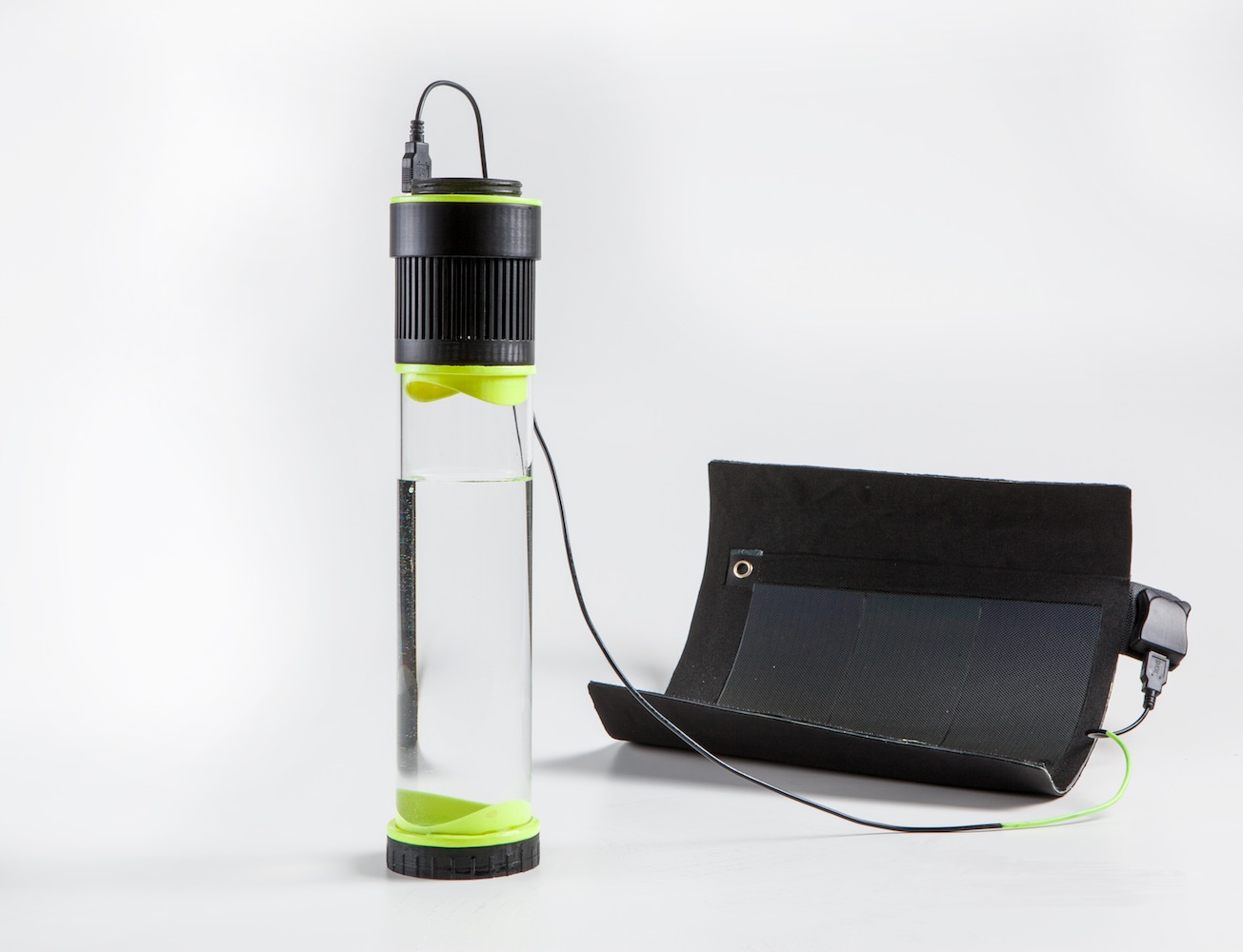From startups to scams
Startups are all the rage these days. From simple Socio-enterprise startups, to software startups of apps and service people from all walks of life are creating startups . Entrepreneurs are also provided with a myriad of ways to fund their projects. Finding investors and a potential audience has never been easier with the internet and social media helping to spread ideas and word quickly across the globe. This kind of funding is unparalleled in the history of Mankind. Granted that the benefits of these types of technology is widespread, there is always a negative side to everything and in this post we will be looking at the ugly side of crowdfunding.
Scam Startups??
When I say scam startups, what do I really mean? Well if you haven't been living under a rock, you would have seen the headline-making "revolutionary" products that are crowdfunding on Kickstarter. Some of those products are really good, but others are pure scams. Here's a list of just a few of them.
- Solar Freakin Roadways
- Fontus self filling bottle
- Triton artificial gills
All of the products above are engineering and practicality wise impossible. Yet, its common for these types of products to reel in a significant fraction of a million dollars using crowdfunding platforms and a bit of marketing. I'm not going to bother with debunking these ideas in this post. Plenty of people have done that already and I'll link EEVBlog's debunking of some of them here. What I'll be focusing on would be on why these products are so successful at scamming people and how to avoid it.
How these scams work?
These scams basically work on the foundation of a really good marketing campaign. As I believe,
Form follows function.
However,many of these startups ignore the very fundamental concept in engineering. If fact, they ignore engineering itself as most of these startups are run by art and design students with not even an inkling of a clue on how real-life physics works.
Basically, using really well designed aesthetic products made by art students and a convincing marketing campaign, they are able to make the general public believe that they are trustworthy. But the reality is, these products are little more than glorified paperweights.

Prevention
Well, there is no sugar coating the truth. The bottom line is that the general public is too gullible and falls for such scams. The very fact that the general public doesn't have the basic skills to determine the possibility of a product being false or practically impossible causes these scams to reel in large amounts of cash from gullible individuals. And usually, these companies periodically supply updates after their campaigns which decreases in frequency and slowly disappears after a while. This allows these companies to make off with large amounts of money while doing absolutely nothing in return for the backer.
To prevent these kinds of scams, we need to inoculate the basic ability to distinguish from possible to impossible in the general public. That could be implemented by KickStarter itself by either helping users back useful projects or reviewing products in a better manner so impossible products never make it to the crowdfunding page. Or Kickstarter could implement a compulsory delivery of product to backer or result in a refund to the backer which forces companies to think through their products before crowdfunding.